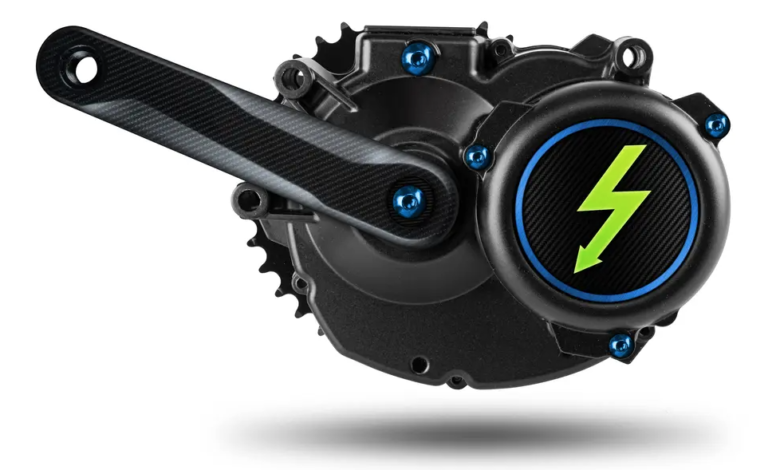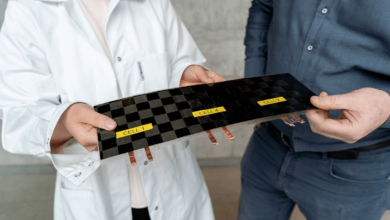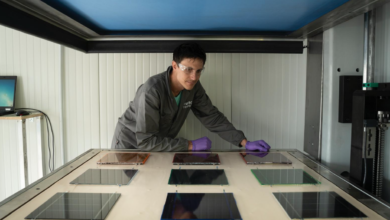3D printing can regenerate electric bikes engines
With the electric bikes market growing, circular economy solutions are needed
(sustainabilityenvironment.com) – In Europe electric bikes are growing steadily. In 2021 they reached 4.5 million units sold and the large manufacturers of electric motors imagine that in 2030 the market will triple. As always, however, there is another side of the coin: how to regenerate the motors of electric bikes to prevent them from ending their useful life as soon as they suffer a breakdown?
A team of researchers from the Fraunhofer Institute for Manufacturing Engineering and Automation IPA asked this question and worked to find the solution. Thus, he was able to demonstrate that applying circular economy concepts to the industry is possible and works. Not only that, but you can do it on an industrial scale.
How to regenerate electric bike engines
“If the engine or battery fails, the whole component is usually replaced, although it may just be a gear that is defective – explains Jan Koller, project manager at Fraunhofer IPA – Rarely worth it, for those who run a workshop, to repair an engine or battery. Manufacturers also have an interest in replacing the old engines, which are the main cost item of electric bikes“.
The AddRE-Mo project, carried out by the Fraunhofer together with several partners – cirp GmbH, Electric Bike Solutions GmbH, the sponsoring association Cluster of Environmental Technologies Bavaria e. V. and the Institute for Climate, Wuppertal’s environment and energy – therefore explored the technical feasibility of the regeneration of electric bicycle engines.
Read also E-bike batteries become stationary storage units
The first step was to examine the engines of known manufacturers to determine their likelihood of failure. Then the team focused on assessing whether and under what conditions they could reproduce spare parts of components that normally wear out, such as gears and torque mounts. Thanks to 3D modeling or 3D digitization, depending on the geometry of the components, it was possible to create new ones. At this point, tests were made on their durability, noise and temperature resistance under real conditions. Over 120 components were produced from 20 different materials using 3D printers. Among the most promising solutions, high-speed sintering, a special process for the production or modification of materials, has proved particularly promising when used in combination with polyamide 12 plastic (PA12).
“Additive manufacturing can improve circularity in the electric bike industry and reduce resource waste – says Koller – You can achieve equivalent CO2 savings per kilogram of 90% compared to manufacturing the new one. The economic savings potential, on the other hand, depends on the number of units and is usually about 30-40% compared to buying a new electric motor”.






